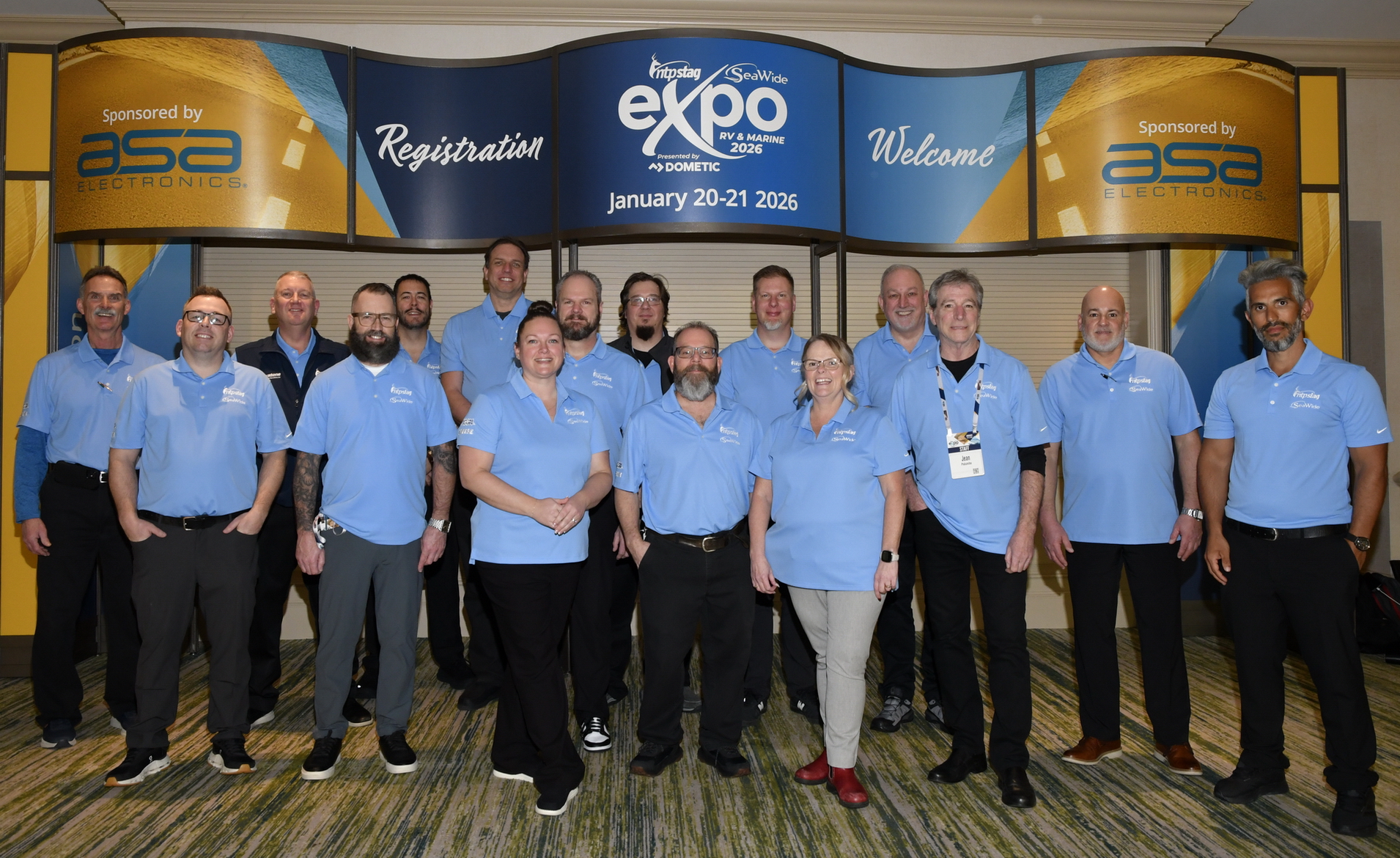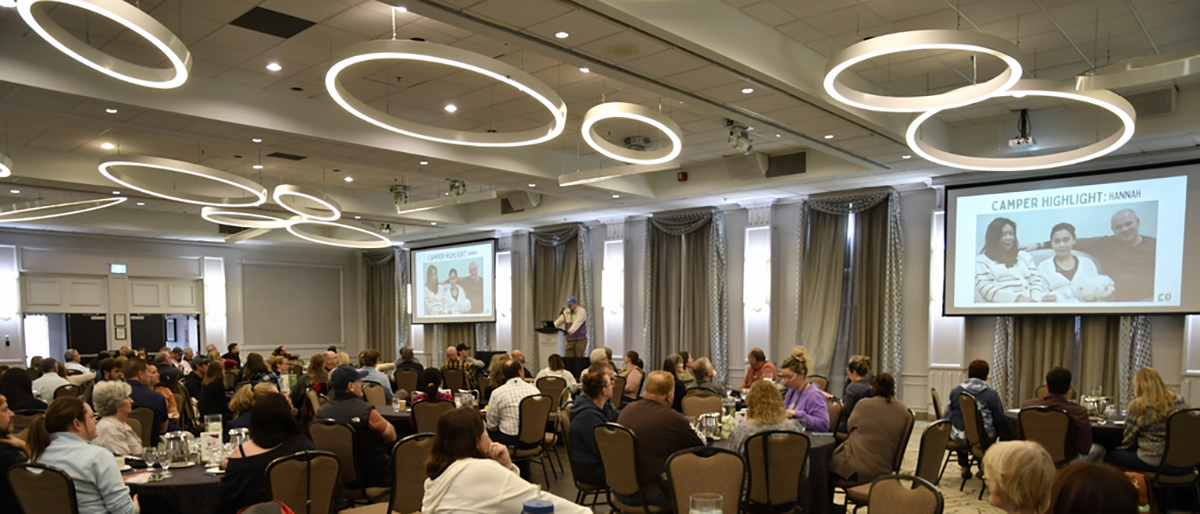
By Raymond Morin.
Over the last 15 years new web technologies and social media have radically transformed the brand-customer relationship. Today, thanks to applications of mobile smartphones and their ability to connect to the internet, the connected consumer has become an actor, a “prosumer,” exercising real economic power to influence brands.
To meet the new expectations of consumers, businesses and organizations had to change their approach to sales and marketing. With social networks, the brands’ relationship to the customer must be the center of attention. Today, new trendy consumers rely on peer recommendations and “word-of-mouth,” meaning traditional advertising does not have much impact on purchasing decisions.
This concept is well understood at TELUS. In 2009, they introduced a “Customer First” Program. As explained by François Gratton, CEO of TELUS Québec, in an interview with La Presse: “We decided to invert the pyramid giving our frontline employees, those who deal directly with customers, keys to the company.”
1. Use key company personnel as your Social Media Ambassadors
However, TELUS’ first challenge in establishing the program was to endorse and adopt this new culture by staff and employees. The most logical way was to involve them from the outset in strategic decisions. In an interview with Benoit Simard, VP Business Marketing from TELUS, he explains how the organization was able to mobilize its best ambassadors. According to the international classification of AON / Hewitt, TELUS Québec, is the Telecom company which has the highest rate of mobilization of employees with more than 87 percent. During the interview, the word “empowerment” came back into the conversation to explain that success.
When Darren Entwistle, CEO of TELUS Canada, came to announce the turn of the company staff TELUS Québec in 2009, Benoit Simard still remembers, “He was able to rally the entire organization behind this priority, a true master hand. In a memorable speech, he reminded us that it should not come from the president or direction, but the base, because it is she who is in contact with customers. It is from there that it all began to take shape, and it has become our No. 1 goal. Our new measurement index then became the odds ratio that our customers recommend us. Because, ultimately, if someone is willing to recommend you to a friend, a family member, or colleague, is because they had an experience that is satisfactory. ”
TELUS began by encouraging initiatives throughout the organization. In its annual personal performance goals, each employee would then propose various initiatives related to the program “Customers First.” More than a hundred proposals have been selected and categorized according to the major issues of the company, to be phased in over the past years.
2. Encourage voluntary commitment by “crowdsourcing”
“We started by educating our managers, our team members, there is no ‘slide’ magic that can solve all the problems of system and experience – customer. We used the method of “fair process” to address the problem from another angle, by visiting our people to identify what is needed to do to improve our products and services, and ensure that what really makes the difference among us; the customer service, network quality and stability of our systems, and consistency of all our points of contact.” explains Benoit Simard.
However, this change of corporate culture does not happen overnight. At first, only 2 or 3 people were allowed to go on social media. But soon, the management realized that they had to trust their staff. “The first initiative we put forward was to put 60% of the variable compensation of managers in connection with the new indicator; the probability that a customer recommends us, saying that if a customer is satisfied, and is willing to recommend us, other indicators should follow,” said Simard.
From the moment the company has integrated the “crowdsourcing” in its approach, employee initiatives have proliferated, especially with more effective tools for communication, so that frontline staff can bring comments and recommendations customers to the right departments, both in terms of product, service prices and the perception of the brand.
3. Analyze the probability rate of client recommendations
Before the turn, in call centers, the staff assessed how long it took to respond to the client. Since the introduction of the program, the main question is whether everything has been implemented to address the problem. Today, TELUS, satisfaction and likelihood of recommendations is evaluated according to four main criteria:
- Product quality
- Competitive prices
- The perception of the brand
- The customer experience
“Today, at TELUS, we no longer transfer in call centers, except that it is the employee who will re-explain the problem rather than asking the client to explain the umpteenth time. It gave us phenomenal results, our repeated calls were down, and the number of complaints has dropped. The country, the average lifetime value of TELUS customers is higher than in any other telecom company.” says Benoit Simard, with a certain pride.
4. Recognize and reward the mobilization of its frontline staff
Quality initiatives deployed in the program by employees prompted the company to reward the best. Every Monday, all employees receive an email from management highlighting the successes of the week, as well as the remaining problems, to try to find the best solutions. In the same way it is done regularly for sellers, TELUS also decided to emphasize the results of other departments, such as customer service and technicians at home by organizing the “Customer First Gala.” This is an annual event where each business unit in Canada delegates its best employees to be recognized by the entire organization. A series of incentives and benefits are obviously reserved for recipients.
“Too often, in an organization, working in call centers is to begin at the bottom of the ladder. But when you put these people in front, and you tell them that they have made over the years has made a difference, and you thanked them for that, it has an effect of extraordinary leverage. “Benoit Simard added in the interview. “At first, we had a message to staff saying: We are not perfect! And, we will not be able to achieve our goals alone, but together we can do great things. The staff response was very clear. They quickly understood the message, and expressed: OK! We are part of the solution! We must not wait until the management solves problems for us. Each, we must address the issues that we can fix ourselves, and together we will succeed. ”
What do you think? Do you believe that a company must deliver its key to its staff? In what ways do you involve your ambassadors in business? Share your ideas and comments.
Note: This article originally appeared on maximizesocialbusiness.com
































